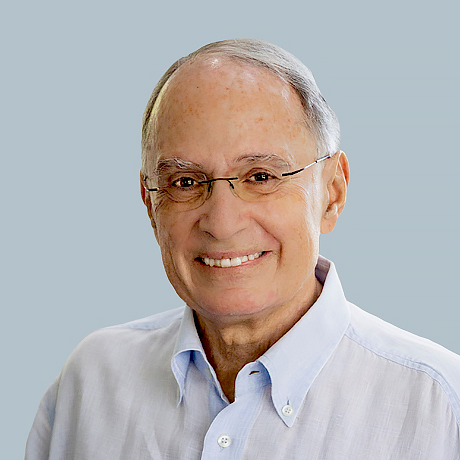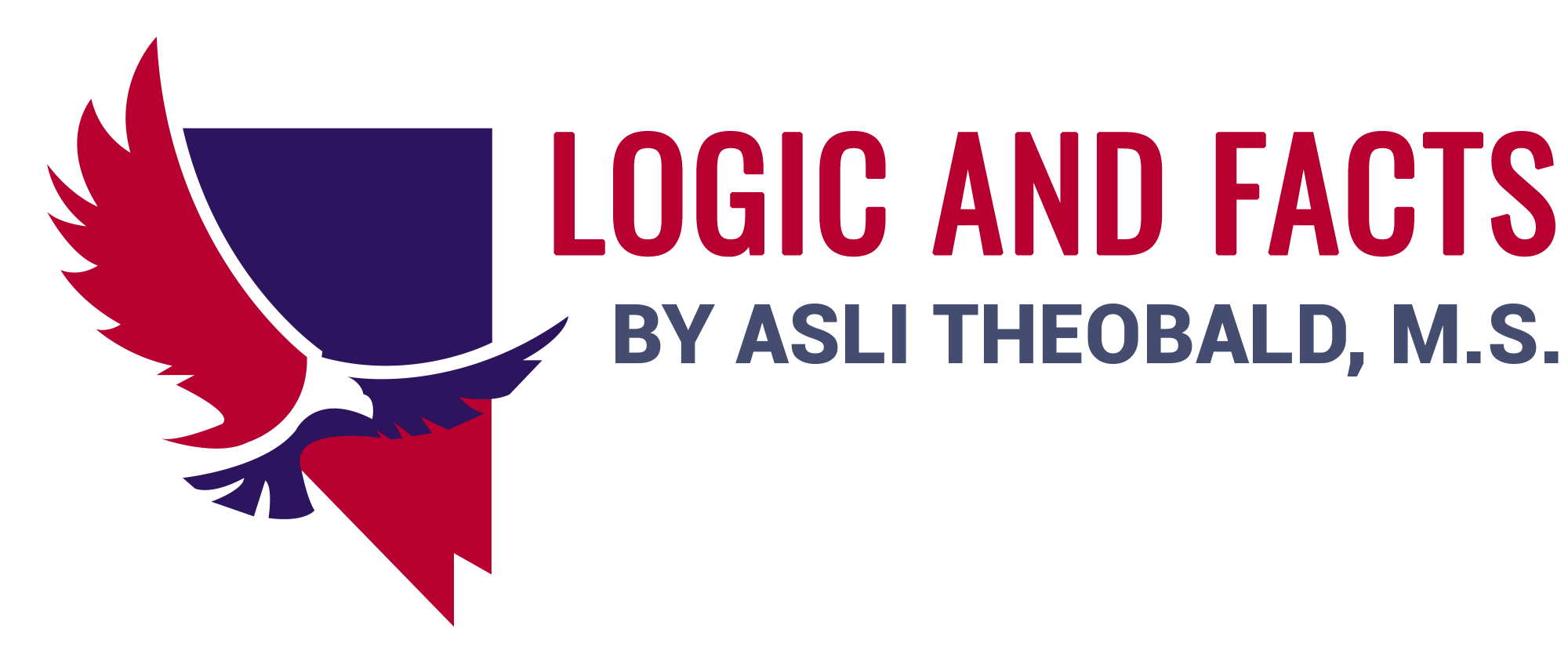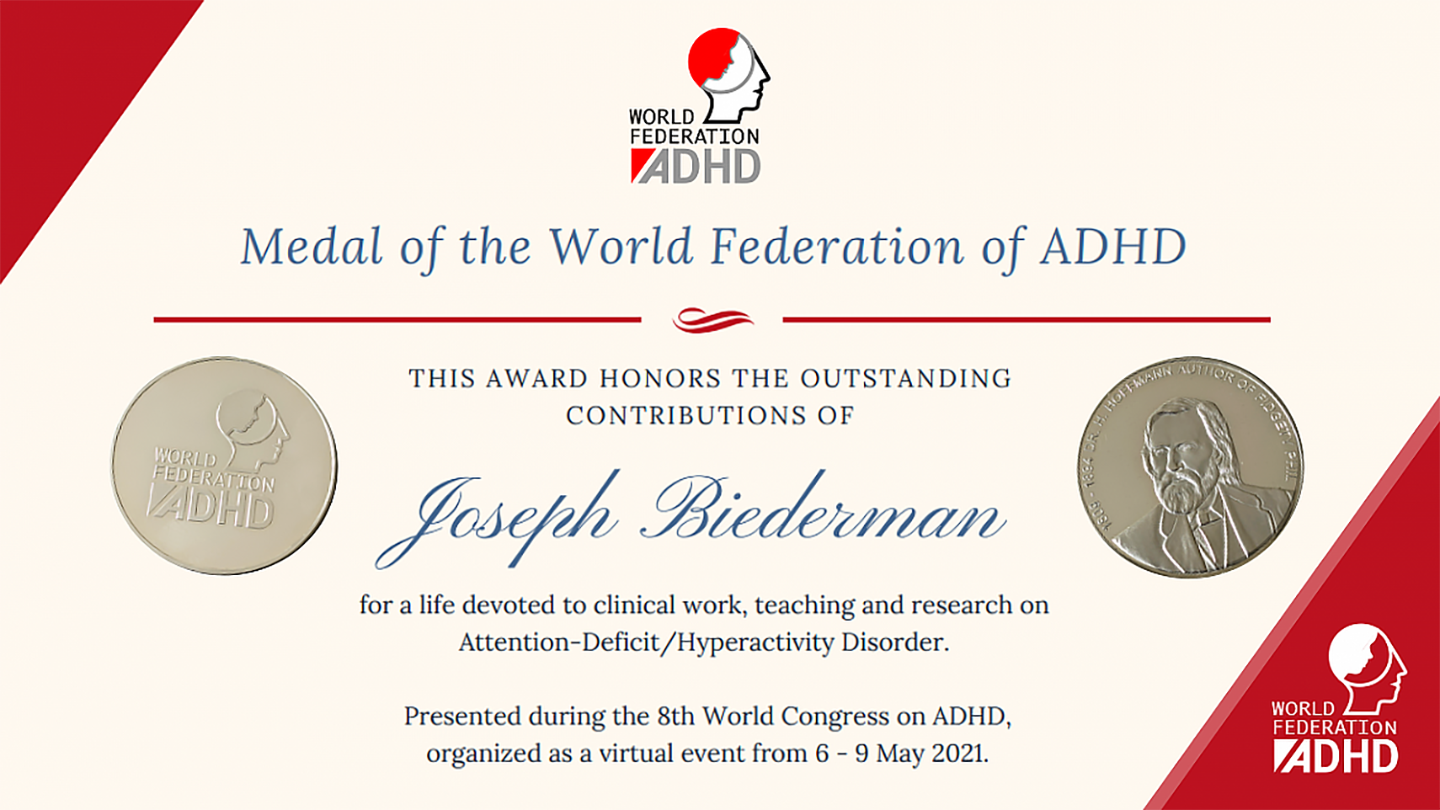MEET THE MONSTER WHO’S KEPT ASCENDING IN THE CURRENT CORRUPT SYSTEM, WHO’S BEEN PROMISING BIG PHARMA STUDY RESULTS BEFORE ACTUALLY CONDUCTING THE STUDIES
In his self-serving career, Dr. Joseph Biederman has been using his high influence to harm millions of children

This article focuses on the abominable research and drug prescribing practices of one of psychiatry’s most influential key opinion leaders called Dr. Joseph Biederman, who's responsible for the alarming rise in the number of children prescribed behavior-modifying harmful medications. Biderman's pseudo-science has branded ADHD as a “serious brain disease” requiring treatment with addictive stimulants that have black box warnings spelling out their abuse potential leading to severe damage to health and sudden death. In his self-serving career, Biederman has not only succeeded at influencing the consensus to create the ADHD drug prescription epidemic, but he has also created the antipsychotic drug prescription epidemic for children, despite the way antipsychotics top the list of psychiatric drugs with some of the worst side effects.
In a healthcare system with a compromised FDA that's unwilling to regulate big pharma, key opinion leaders (KOLs) of the pharmaceutical industry are described in detail in the Logic and Facts article titled "Key opinion leaders (KOLS): software-managed large networks of influential experts taking payments from big pharma sales departments." KOLs are defined as influential experts who often write the articles, author the textbooks, and give the presentations that educate other physicians as well as the public. This article describes that key opinion leaders receive personal payments in the form of speakers fees, consulting fees and honoraria in return for helping increase industry profits. The article explains that KOLs have become the most sought-after marketing tools for pharmaceutical products, quoting an ex drug company sales rep admit the way drug company sales departments aim to turn their KOL's into "product champions." If a KOL wanted to continue to receive future payments from a pharmaceutical company, he'd have to succeed at presenting that company's products in the best light that would bring the company maximum "returns on investment," or else that company wouldn't pay that KOL again. This corrupt system serves to enrich the most dishonest and unconscientious KOLs who are the most willing to overlook the side effects and/or inadequacy of pharmaceutical products, as Biederman's case serves to demonstrate. This is the story of psychiatry's top "product champion."
On December 2013, The New York Times published a well-researched article titled “The Selling of Attention Deficit Disorder.” This article represents perhaps the best expose of the way a group of compromised key opinion leaders (KOLs) have created a huge market for the legal prescription of highly abusable addictive stimulants for children. Among these compromised psychiatrists, Dr. Joseph Biederman is “unequivocally the most published psychopharmacology maven for A.D.H.D.,” reports the New York Times. In addition to being such an influential professor of psychiatry at Harvard Medical School, Biederman is the chief of the Clinical and Research Programs in Pediatric Psychopharmacology and Adult ADHD at the Massachusetts General Hospital.
"Findings from Dr. Biederman’s dozens of studies on the disorder and specific brands of stimulants have filled the posters and pamphlets of pharmaceutical companies that financed the work," describes the New York Times. The same article reports that Biederman’s findings about ADHD typically delivered three messages: "The disorder was underdiagnosed; stimulants were effective and safe; and unmedicated A.D.H.D. led to significant risks for academic failure, drug dependence, car accidents and brushes with the law."
Biederman had gotten recognized by the industry as the researcher who never let any "investment" on him go to waste, getting bombarded with funding as well as personal payments from the drug manufactureres. As he kept producing his junk-science that the drug companies kept pouncing on, he avoided fully disclosing all of the pharmaceutical company contributions he'd received. Biederman had created the appearance that the contributions were within legal limits, but Senator Charles Grassley’s investigations uncovered the much larger amounts Biederman had accepted in violation of both federal research rules and those of Harvard's.
Despite the reality of the above, the huge influence that Biederman's pharma-paid lectures, presentations and studies have had over his peers is revealed in a Thomson Reuters report titled “The World’s Most Influential Scientific Minds 2015.” In this report, Biederman comes fifth from the top in the category of the world’s most influential psychiatrists.
In addition to promoting highly abusable addictive drugs to treat ADHD, Biederman put his best effort into expanding the use of other medications previously not used for ADHD in trying to increase the market share of these drugs and maximize industry profits. One such medication is Provigil (generically named Modafinil). Upon receiving research funding from this drug’s manufacturer Cephalon, Biederman published an article recommending using modafinil for ADHD. But two of Biederman's colleagues challenged this article by writing a letter to the editor of the journal in which it was published. Their letter states that Biederman’s paper “appears to seriously misrepresent modafinil’s neuropharmacologic characteristics, contradicting the science-based evaluation of the data by the U.S. FDA and DEA.” The same letter states, "Dr. Biederman’s misrepresentation of the serious risks posed by this drug, whose target population is children with ADHD, requires reexamination and correction.”
In addition to using his influence to popularize ADHD drugs, Biederman is also credited with being mainly responsible for the alarming increase of the diagnosis of bipolar disorder in children. Biederman “will go down in history as the inventor of pediatric bipolar disorder,” states Dr. Philip Hickey, PhD. Biederman promoted treating the millions of so-called bipolar children with antipsychotic drugs which are known to have the worst side effects among all psychiatric medications. The adverse effects of antipsychotic drugs include obesity which can make people gain hundreds of pounds of excess weight and develop hypertension or type 2 diabetes. "The neurotoxicity of antipsychotic drugs has been studied and demonstrated for decades," states a 2011 article by Dr. Peter Breggin published in the International Journal of Risk & Safety in Medicine. Such neurotoxicity tends to cause potentially severe and usually irreversible abnormal movements and tics, as well as chronic brain impairment (CBI), brain volume loss, the onset of a life-threatening disorder called neuroleptic malignant syndrome and more impairments.
On November 2008, the Philadelphia Inquirer reported that Johnson & Johnson had given hundreds of thousands of dollars to Biederman “to generate data to help expand sales of the company’s antipsychotic drug Risperdal in children, according to court documents.” Johnson & Johnson was eventually penalized in 2012 for this and other fraudulent practices, but after millions of children had become horrifically damaged by their fraud. Time magazine reports:
Johnson & Johnson agreed to pay up to $2.2 billion for illegally promoting a variety of drugs, primarily the atypical antipsychotic Risperdal – and even that giant settlement with the government doesn’t resolve several other state lawsuits against the company, seeking billions more, for related offenses.
The same Time article states that “the dramatic rise of antipsychotic prescribing in youth occurred in conjunction with the illegal marketing of the drugs by their makers.”
Biederman’s big role in unethically popularizing the prescription of antipsychotics as well as ADHD drugs for children was further uncovered in 2009, when a New York Times reporter obtained copies of the court documents of Biederman’s interactions with Johnson & Johnson. These court documents reveal a slide showing Biederman promise Johnson & Johnson, in advance, favorable study results to “extend to adolescents positive findings with Concerta in A.D.H.D. N.O.S. [a category of ADHD] in adults.” The promised positive findings appeared to come out in 2006, reports the New York Times. Their article also states that according to the same court documents, Biederman promised Johnson & Johnson the results of one more study before actually conducting it, promising J&J in advance that this study would clarify the advantages of the company's antipsychotic Risperdal for bipolar disorder in children. Another New York Times article states that again according to court documents, Biederman persuaded Johnson & Johnson to fund the Johnson & Johnson Center for the study of pediatric psychopathology, stating one of the goals of the center as “to move forward the commercial goals of J&J.”
Not surprisingly, Biederman is a defender of ‘polipharmacy’ which means the use of multiple drugs in treatment which maximizes big pharma profits. Biederman claims ADHD is “associated with high levels of psychiatric and cognitive comorbidity [simultaneous presence of more than one disorder].” Biederman further claims:
“children with BP [bipolar disorder] often also have other disorders and therefore require more than one medication […] additional drugs are sometimes needed to treat side effects of another effective but poorly tolerated medication.”
Biederman writes, “about eighty percent of children with Bipolar illness also have ADHD.” The influential ADDitude magazine promotes Biederman’s claim by toning it down a bit without citing any sources, saying, “about half the children who have BPD [bipolar disorder] may also have ADHD, which means clinicians often have to determine whether both problems exist.”
Biederman, who's received the so called "Medal of the Word Federation of ADHD" in 2021, unfortunately did not stop at educating physicians to over-medicate the supposedly ADHD children with the antipsychotics. "In the late 1980s and early 1990s, he [Biederman] observed that many of his patients with ADHD also had clinically significant depressive and anxiety disorders," reports the promotional website World Federation of ADHD.
Biederman thus deprived tens of millions of children from being able to grow into healthy adults, turning them into users of unnecessarily prescribed drug cocktails of addictive stimulants, life-ruining antipsychotics, suicide-causing antidepressants and anti-anxiety medications — just so these drugs' manufacturers make more profit.
Drug-company-paid Influential key opinion leaders like Biederman continue to rake in huge sums while so called organizations like the "Word Federation of ADHD" educate unsuspecting parents about the supposed "necessity" of heavily drugging their children.
Biederman's "great success" at having become the "product champion" for psychiatric drugs is further revealed by studies such as the 2012 study published in JAMA Psychiatry, which determined that between 2005 to 2009, “in young people, attention-deficit/hyperactivity disorder and other disruptive disorders account for a substantial proportion (37.8%) of antipsychotic use.” The same paper reports that in the case of the non-FDA-approved (off-label) uses of antipsychotics, ADHD was one of the three most common mental disorders for which antipsychotics were prescribed for both children and adolescents. "What’s really concerning now is that a lot of this prescription is occurring in the face of emerging evidence that there are significant adverse effects that may be worse in youth than in adults," states Dr. David Rubin, co-director of PolicyLab at Children’s Hospital of Philadelphia.
It was not only Johnson & Johnson which unethically promoted its drugs through using KOLs such as Biederman. Drug companies Eli Lilly, Pfizer, AstraZeneca and Bristol Myers Squibb too have paid hundreds of millions of dollars in fines for unethically selling their antipsychotic drugs for “unapproved use in youth,” reports Time. This indicates the existence of many other highly influential "product champions" out there as "successful" as Biederman.
One of the largest fines of the industry was paid by Bristol Myers Squibb, which “paid $515 million in 2007 to settle charges that it illegally pushed its antipsychotic Abilify to child psychiatrists.” But Squibb had generated so much profit from its corrupt practices that it could afford to shrug off even such a huge fine as the "cost of doing business," in a corrupt justice system which never imposes criminal penalties on big pharma. The fact that Squibb never stopped or toned down its corrupt marketing efforts is revealed by theway 7 years later in 2014, Squibb’s antipsychotic Abilify became the number 1 top selling drug among all drugs in all illness categories in the U.S. The New York Times states:
The industry continues to market antipsychotics aggressively, leading analysts to question how drugs approved by the Food and Drug Administration for about 1 percent of the population have become the pharmaceutical industry’s biggest sellers – despite recent crackdowns.
In the report titled “Docs on Pharma Payroll Have Blemished Records, Limited Credentials,” the investigative newsroom ProPublica has disclosed the names of several more key opinion leaders like Biederman who have been stuffing their wallets. Another ProPublica article states that “some highly sought-after key opinion leaders, as they are known in the industry, work for half a dozen or more companies in a given year.”
In an attempt to curb the incredibly corrupt practices described, the Physician Payments Sunshine Act was passed in 2010, which requires drug and medical device manufacturers to disclose to the Centers for Medicare and Medicaid Services (CMS) all payments or transfers of value made to physicians or teaching hospitals. The CMS has also implemented the Open Payments Program in 2014 which publishes drug company payments online in a publicly searchable database. Reporters and investigators analyzing these databases have revealed that in 2021, healthcare manufacturing companies have paid doctors and hospitals a total of 10.9 billion dollars.
Despite having violated federal research rules as well as his university's, and despite all the bad publicy exposing his heinous crimes, Biederman hasn't lost his revered position as a full professor of psychiatry at Harvard. All he got was “a little slap on the wrist,” states Dr. Jerome Kassirer, a professor at Tufts University School of Medicine. Harvard gave only minor penalties to Biederman and other similarly compromised colleagues, reports the Boston Globe archive. These penalties included requiring the compromised researchers to refrain from all industry-sponsored activities for only one year, with an additional 2 year monitoring period. When this period was over, Biederman and his colleagues have been allowed to go back to providing Harvard with the large amounts of big pharma grant funds their biased research rakes in. They continue to heavily mislead the trusting public and other physicians as of October 2022.
A much-underestimated, powerful way to help end the corruption
“Never underestimate the power of a small group of committed people to change the world. In fact, it is the only thing that ever has.”
Margaret Mead

